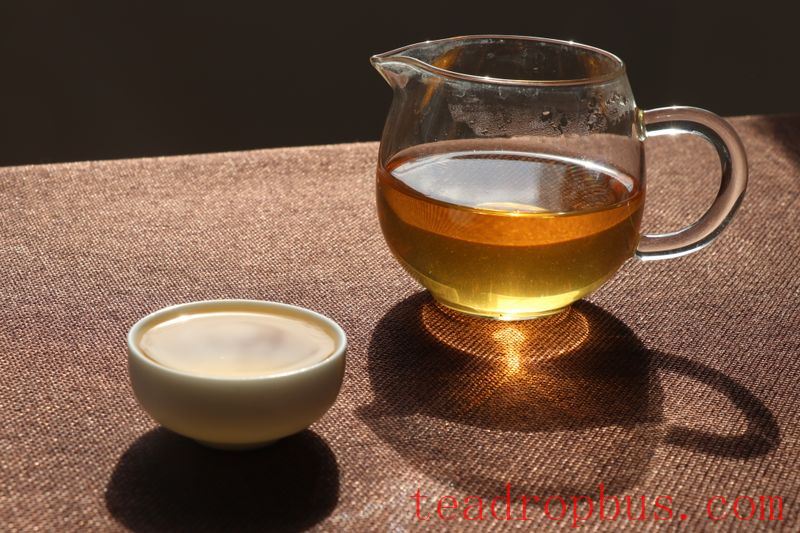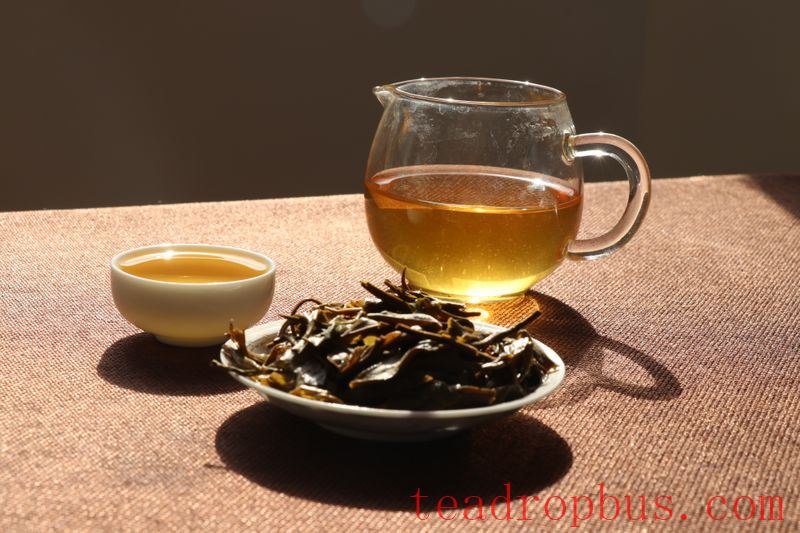For Tea enthusiasts who have been Drinking Tea for years, they can tell the quality of Pu'er tea just by looking at the tea cakes; if they were to taste it, they could instantly identify the origin, ingredients, and processing methods with amazing accuracy! For those who are new to Pu'er tea or have not been drinking it for long, distinguishing the quality of Pu'er tea might be a bit challenging. However, simply soaking the Pu'er tea makes a significant difference, even beginners can use this method to assess the quality of the tea!

The Effects of Soaking Pu'er Tea
1. Soak to Determine the Quality of the Liquor
High-quality Pu'er tea should produce a clear, bright, and clean liquor; while poor-quality tea results in a dull, murky liquor with impurities.
2. Soak to Assess the Aroma
Judge the type of aroma and whether it is rich and pure. If there is a musty, sour, rancid, foul smell or other off-flavors and impurities, it is undoubtedly a low-quality tea.

3. Soak to Evaluate the Taste
After soaking, you can determine if the tea has rich internal qualities, and assess the harmony, smoothness, viscosity, bitterness, astringency, aftertaste, salivation, as well as whether it prickles the tongue or causes discomfort in the throat.
High-quality Pu'er tea produces an overall pleasant taste; while poor-quality tea results in an imbalanced flavor profile and may cause discomfort after consumption.

Soaking is not a conventional way to drink tea, but rather a method used primarily for assessing the tea. Therefore, in daily life, it is not recommended to drink Pu'er tea using the soaking method.
Soaking is the simplest and most direct way to evaluate the quality of tea. Have you learned this clever method?